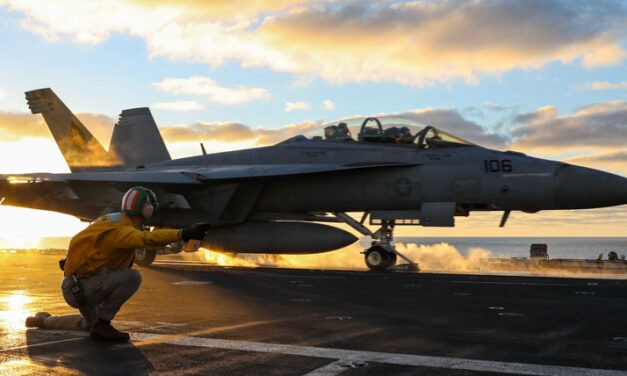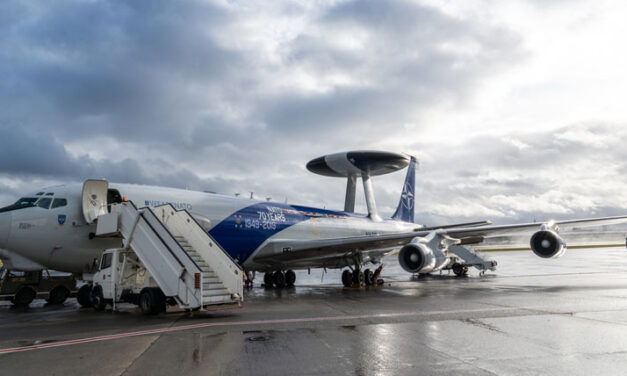The quest for control in the maritime space
After decades of the USA being regarded as the world's most important naval power, China is now preparing to take over this role. It is not yet clear how the competition will end. There are many definitions of sea power, but their connotations have changed in the 21st century. For a naval power, the sea is undoubtedly a strategic theatre, but there are other factors and scenarios that enable a country to be a "superior" naval power. Today, it is no longer enough to have a large fleet of ships, but it is also necessary to be present in maritime areas of interest and to have new deterrence and control capabilities....
Weiterlesen






Recent Comments